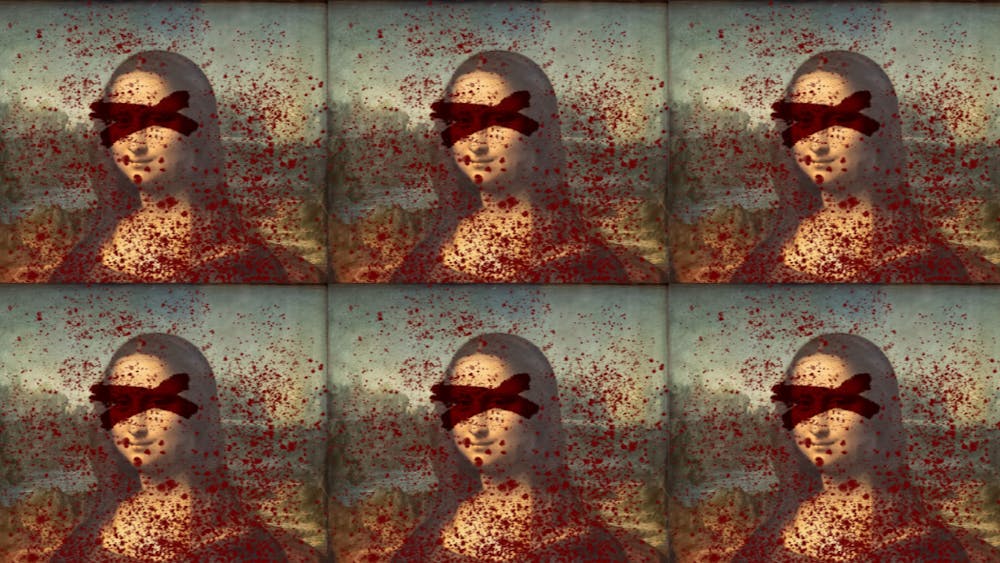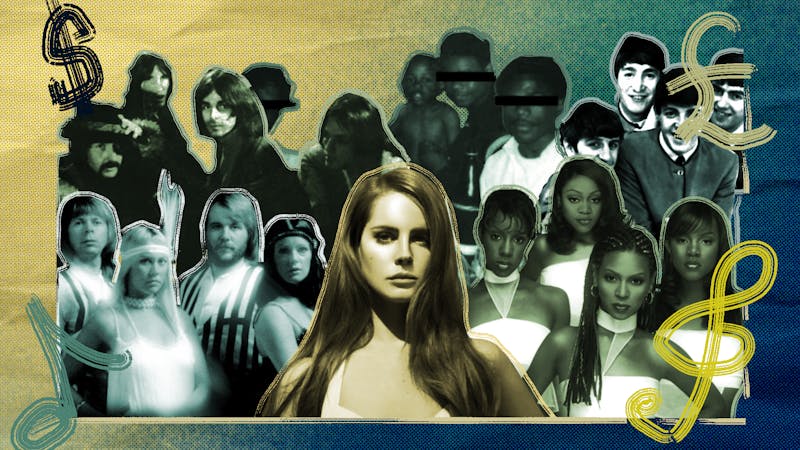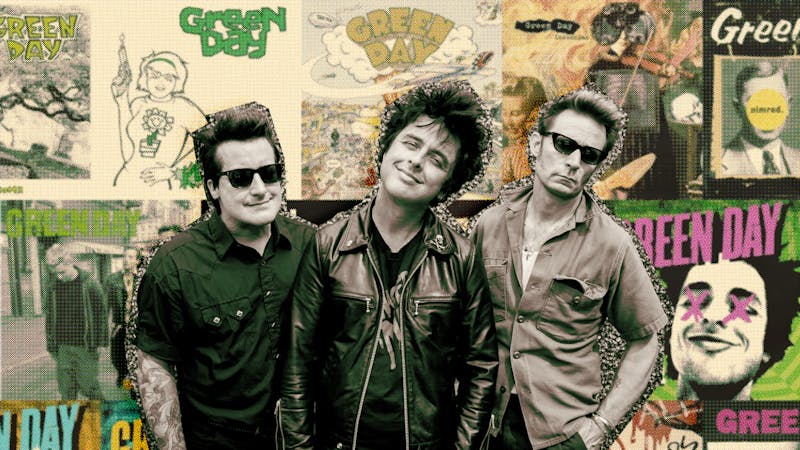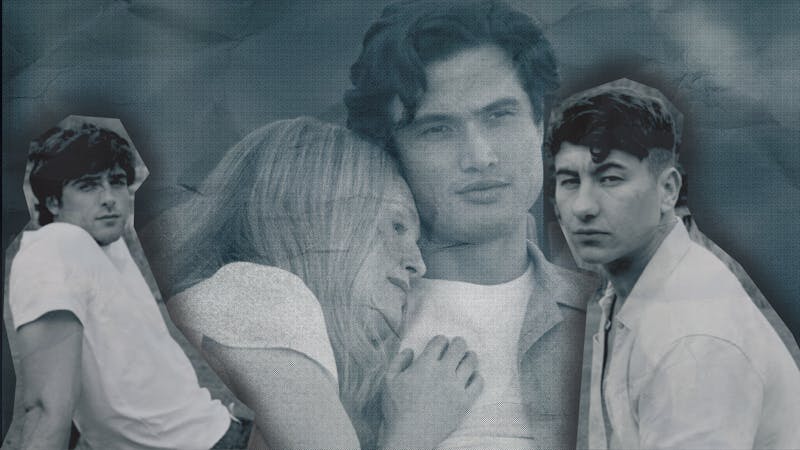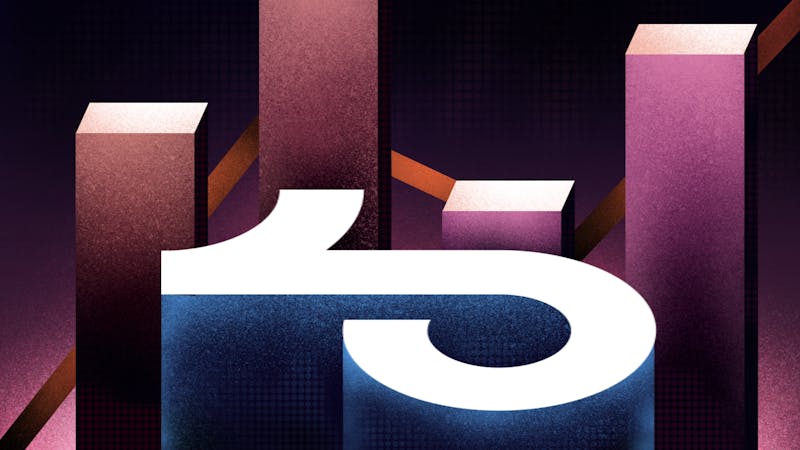“I saw the best minds of my generation destroyed by madness, starving hysterical naked”
– Allen Ginsberg, “Howl”
In 1943, poet Allen Ginsberg entered the halls of Columbia College, where his fellow students would change the trajectory of his life, and in turn, the American poetic canon. Shrouded in their Ivy League Blues, William Burroughs, Allen Ginsberg, and Jack Kerouac, along with their friends, would experiment with drugs, get in trouble, wax philosophic, and engage in the personal exploration that would become known as Beat culture.
For those years, college tuition at Columbia University was around $650, which accounting for inflation, is equivalent to around $10,000. Today, tuition at Columbia is $68,400.
The mounting cost of college tuition is no secret. It is the basis of Biden’s calls for student loan forgiveness. It plays a considerable role in marriage proposals. And a college degree is increasingly considered a requirement for entry to most American jobs. These social and economic factors have left an irrevocable scar on America’s social fabric.
It’s impossible not to consider the return on investment for your college education when you’re forking over the hefty sum of a college tuition. Students might ask themselves, “Do I invest this money in a career path that will ensure a guaranteed return on capital, or do I pay nearly a decade’s worth of income only to commit myself to the role of a starving artist?” In most cases, passion hardly measures up to the pragmatic.
Are the debt crisis and the recent plunge in humanities students at institutions of higher education related? Benjamin Schmidt, an assistant professor of history at Northeastern University believes so. He notes, “in the wake of the 2008 financial crisis, students seem to have shifted their view of what they should be studying—in a largely misguided effort to enhance their chances on the job market.” Humanities majors such as English, philosophy, and history could no longer measure up to the six–figure salaries supposedly guaranteed by pre-professional degrees like computer science and finance.
There is growing anxiety that college may no longer be “worth it” when considering the price of higher education. Collegiate enrollment has become a matter of gambling hundreds of thousands of dollars with the expectation of a career–associated payout after graduation day. What happens when the payout doesn’t come? Well if the millennial crisis of “delayed adulthood” is any warning of what is to come, you can say goodbye to your dreams of buying a house, getting married, or experiencing any of the other typical landmarks associated with adulthood.
The cautionary tale of the starving artist has seemingly taken root—even humanities students, ultimately gravitate towards the well–trodden path of finance and consulting, when offered the opportunity. At Penn specifically, nearly 40% of history of art majors and classical studies majors in the Class of 2022 chose careers in financial services and consulting.
What happened to our future artists and archeologists? Today, 75% of humanities degree graduates say their post–graduate career choices in deciding not to pursue the arts were based on salaries, a percentage even higher amongst those with student debt. This impact is even starker amongst first–generation Black and Hispanic graduates.
These decisions amongst college graduates reflect a significant departure in students' perspectives on higher education. In the 1970’s nearly seven out of ten students described college as an opportunity to “develop a meaningful philosophy of life” whereas only four in ten say its main purpose was to help them “make more money.” Today, the ratios have largely flipped. And who can blame students for their disillusionment when colleges themselves have approached higher education itself as their own money–making scheme?
Art has never been a lucrative career. Amid the modern college tuition crisis there is an extra burden placed upon aspiring artists, strapped with an unsurmountable cost to be considered. To be a starving artist is a privilege and often signals an external financial safety net. Alternatively, those with student debt are faced with a lifelong financial death sentence and constrained career choices as a result. The choice is between joining a financial institution or spending their whole life beholden to one.
But in the meantime, poets are doomed to write slide decks instead of stanzas. Our next Rothko heeded the advice of his mother and dropped his design minor for data science. Perhaps what would have become the next film for the ages rots in the notebook of a BCG desk.
“We are now almost a quarter of the way through what looks likely to go down in history as the least innovative, least transformative, least pioneering century for culture since the invention of the printing press,” laments New York Times Culture critic Jason Farago. Art it seems is stuck in stagnation, a crisis that parallels the mounting artistic brain drain that has resulted from the pressures of market forces. The only artists that are left are the martyrs and the Medicis. Our creative capital has been siphoned.
The price tag of a college degree is systematically rooting out would–be poets, painters, philosophers, and artists by placing the burden of costs associated with creative careers upon their shoulders. In turn, we are left without their poems, paintings, philosophy, and art.
It is curious to imagine an Allen Ginsberg in today’s marketplace of higher education. What would have happened to his wandering years under the pressure of monthly payments or the familial stress of measuring up to his tuition cost? Instead of dragging himself through the streets in pursuit of his art, he would have sought some sort of stability. Maybe, he would have become a copywriter or found a position in marketing. Or perhaps, he would have bit the bullet, succumbing to the social and financial expectations of him, and just studied business instead. Imagine the cigarette advertisements we would have been blessed with.
The best minds of our generation were destroyed by the market, starving hysterical naked.
